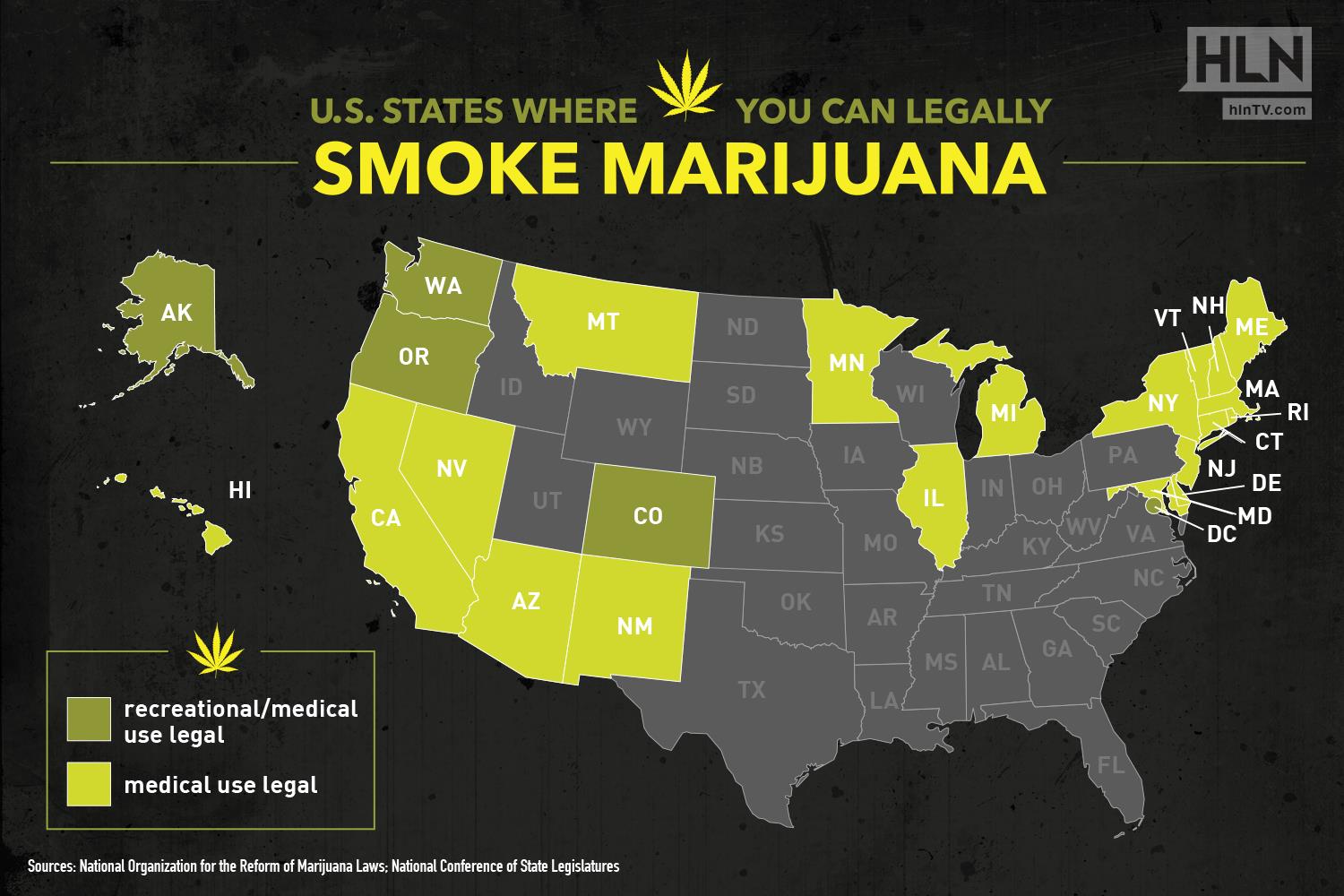A modest proposal to head off the awful Senate Bill 5052.
Last week, three U.S. senators introduced a bill that attempts to amend many of the outdated medical-marijuana conundrums at the federal level. The bill would end the prohibition of medical marijuana, reclassify the plant from its current designation as a Schedule 1 narcotic (a status that suggests no medical value and high potential for abuse), and allow for more cannabis study and research. While the bipartisan bill doesn’t have a snowball’s chance in hell of passing, it’s a great conversation starter.
Inspired by those ballsy senators—and in fear of the awful Senate Bill 5052 that is currently wending its way through Olympia—I’ve decided to take my own shot at solving Washington state’s own clusterfuck. So without further ado, I present the framework of my own Omnibus Marijuana Bill.
Let my people grow! I mean, really. Every other state that’s legalized marijuana has allowed citizens to grow for personal use, and we should too. It’s a no-brainer. Put a limit on the number of plants per person (six per adult, perhaps, or higher if used for medicinal purposes), and, like tomatoes and snap peas, allow folks to play in the garden. (Probably not a great plant for community pea patches, but fab for collective gardens for medical patients, many of whom are too sick to tend to the crop themselves.)
Regulate medical dispensaries. The state estimates that there are more than 1,000 dispensaries, operating all willy-nilly. While many are clearly fly-by-night operations that don’t check ID, a good number have been instrumental for decades in helping the medical community find strains and products and oils that help patients. So it just makes sense that any longstanding, established dispensary should be allowed to continue operating. Hell, I’ll pick a random number that can be allowed: 420.
No medical registry. The bill from Republican Sen. Ann Rivers that the state Senate just passed calls for the creation of a statewide registry for medical patients. Puh-lease. Patients don’t fear putting their names on the dotted line because they’re faking their illnesses to get cheaper weed, but because admitting to a felony at the federal level is a pretty bad idea. Patients can lose their jobs and have their children taken for this kind of admission. No registry.
Whack the taxes. Right now there’s a triple-decker tax structure in place: Recreational weed is hit with a 25 percent tax when it moves from farmer to processor, then again from processor to retailer, and again to the end customer. Pretty much everyone agrees a single tax is the best idea here—so pick a single sin-tax percentage and go with it. Too high, though, and I’m staying with my dealer.
Medical cards. Any patient with a qualified doctor who recommends (not prescribes) marijuana to alleviate suffering for terminal or debilitating conditions such as cancer, epilepsy, PTSD, and chronic pain should be allowed to purchase it tax-free at licensed medical dispensaries, just as citizens across the country (except Illinois) can receive their tax-free prescriptions for Ambien, Valium, Prozac, and whatever that purple pill is.
Free hemp now. My Omnibus Marijuana Bill is so comprehensive that I plan to roll hemp legislation into it, thus killing two buzzed birds with one stone: Legalize hemp for farming, commerce, and production, and just ignore the absurd bans on industrial hemp. Don’t be silly; the fibrous stuff doesn’t even get ya high.
Rec stores must stock medicinal products. Most of the individuals working to bring cannabis out of the shadows and into the legal mainstream were from the medical community—and riskily toiling long before the greedy Green Rush Potrepreneurs got in line for a Weed Lotto Ticket to make marijuana moolah. The least these green-lit licensees can do is stock their shelves with a small percentage of medicinal items in their inventory.
No pot, no pay. Cities and counties that ban marijuana outlets—either recreational or medical—will get absolutely no tax revenue from sales of marijuana. Period. In addition, as they are restricting both the will of the people and access for medical patients who may not be able to drive to places that do allow marijuana sales, these cities must build a FastTrack Elevated Electric Train system for their residents to travel from their homes to the nearest marijuana-friendly city.
Let’s get loungey! Pot lounges and cafes where adults can smoke marijuana are a safe and social way for folks to get fired up. Hell, even the Seattle City Attorney likes the idea. Allow for cigar lounges and smoky pool halls too! You don’t like ’em? Don’t patronize ’em! We’re not looking to be Amsterdam with a cannabis cafe on every corner—though if Howard Schultz wants to get into the franchise game, Starbuds is a damn fine name. Probably shouldn’t allow alcohol in cannabis clubs however; people get crazy on that shit.
This article first appeared in the Seattle Weekly.





